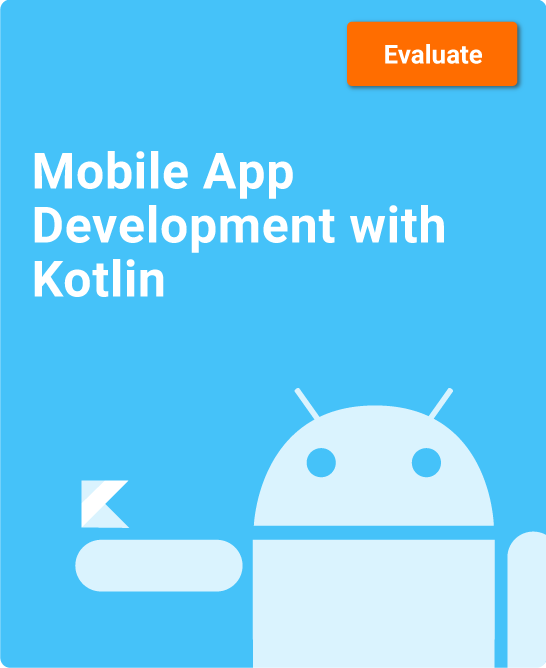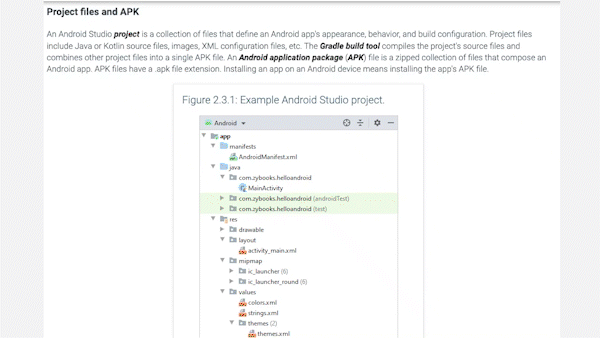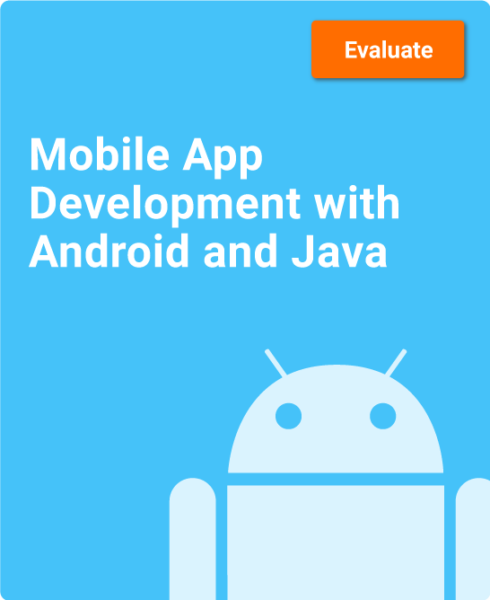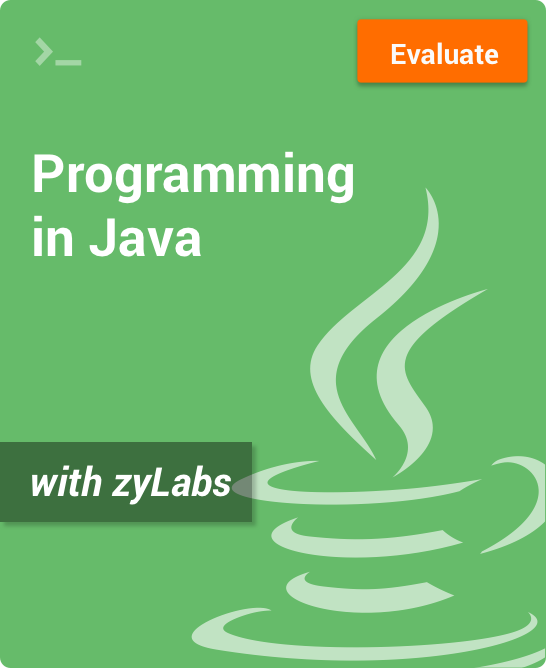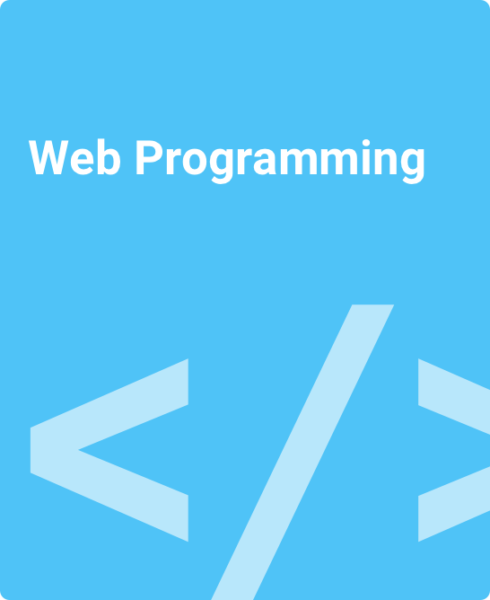Table of Contents
1. Kotlin
1.1 Background and syntax
1.2 Variables and data types
1.3 Arithmetic
1.4 Conditionals
1.5 Loops
1.6 Functions
1.7 Lambdas
1.8 Classes and objects
1.9 More classes
1.10 References
1.11 Inheritance
1.12 Interfaces
1.13 Arrays
1.14 Collections
1.15 Exceptions
1.16 Packages and imports
2. Android app fundamentals
2.1 Mobile app development
2.2 Android platforms and app construction
2.3 Android Studio, APKs, and emulators
2.4 The Pizza Party app
2.5 Debugging
2.6 App resources
2.7 Value resources
2.8 Drawable resources
2.9 App Manifest
2.10 Model-View-Controller (MVC)
3. Layouts and Widgets
3.1 Layouts
3.2 Linear, Relative, and Constraint layouts
3.3 Table, Grid, and Frame layouts
3.4 Widgets and event handling
3.5 Button widgets
3.6 Text widgets
3.7 Selection widgets
3.8 ‘Bar’ widgets
3.9 ImageView widget
3.10 Styles and themes
3.11 UI design
4. Activities and Intents
4.1 Activity lifecycle
4.2 Restoring activity state
4.3 The Lights Out app
4.4 Handling rotations
4.5 Multiple activities and intents
4.6 Sending and receiving activity data
4.7 Implicit intents
5. Menus, Dialogs, and Touch
5.1 App Bar
5.2 The Dice Roller app
5.3 Dialogs
5.4 Context menus
5.5 Handling touch
5.6 Touch gestures
6. Fragments
6.1 Fragment essentials
6.2 Lights Out with fragments
6.3 Navigation for Lights Out
6.4 The Band Database app
6.5 Fragment arguments
6.6 Fragment with RecyclerView
6.7 Hosting multiple fragments
7. Working with Data
7.1 Shared preferences
7.2 Working with files
7.3 The To-Do List app
7.4 The Study Helper app
7.5 Room persistence library
7.6 ViewModels and LiveData
7.7 Adding and removing subjects
7.8 Adding, editing, and deleting questions
7.9 App settings
7.10 Applying app settings
7.11 Web APIs
7.12 Volley
8. Running Background Tasks
8.1 Main and background threads
8.2 Coroutines
8.3 Room with coroutines
8.4 The Timer app
8.5 WorkManager and notifications
9. Graphics, Animation, and Sound
9.1 Shape and custom drawables
9.2 Animation drawables and view animations
9.3 Property animations
9.4 Custom views
9.5 The Dotty app
9.6 Dotty animations
9.7 Playing sounds
9.8 SurfaceView
10. Sensors, Camera, and Location
10.1 Sensors overview
10.2 Motion sensors
10.3 The Rollerball app
10.4 Camera
10.5 The Photo Express app
10.6 Saving photos
10.7 Location and Google Play Services
10.8 The Find Me app
11. Testing
11.1 Testing fundamentals
11.2 Unit tests and JUnit
11.3 Local and instrumented unit tests
11.4 Integration tests and Espresso
11.5 UI tests
What You’ll Find In This zyBook:
More action with less text.
- Provides a highly-interactive introduction to Mobile App Development
- Targeted towards devices running Android using the Kotlin programming language
- Topics include Android Studio, model-view-controller design pattern, user interface (UI) components, activities and intents, fragments, handling touch, persistent data and databases, web APIs, graphics and animation, sensors, and testing.
- 100+ participation activities: Animations and question sets
- Includes test banks
zyBooks utilize the “Say, Show, Ask” approach.
Say. We use concise text as a jumping board to our animations and learning questions.
Show. Much of a traditional textbook is replaced with animations to help students visualize key concepts.
Ask. Learning questions and auto-graded homework problems encouraged more student participation.
Author
Frank McCown
Associate Professor of Computer Science, Harding University
